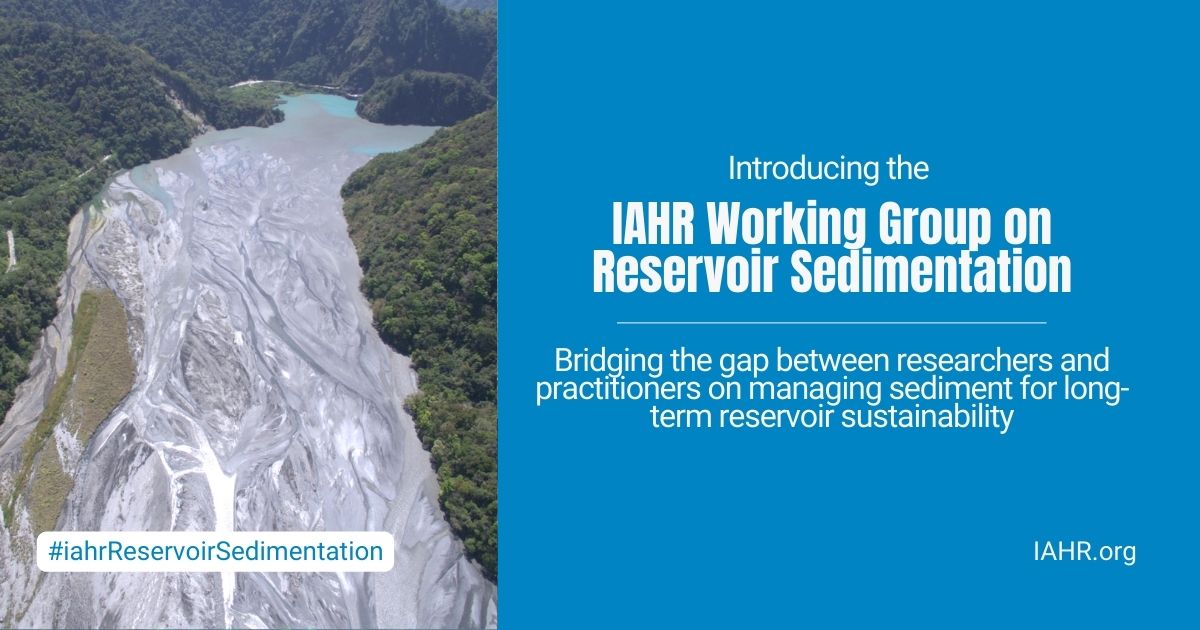Working Group on Reservoir Sedimentation
Aims and Scope
Reservoirs formed by dams serve one or more purposes, such as flood and drought control, water supply, hydropower, irrigation, inland navigation, fish and wild life conservation, and recreation. However, despite the continuing construction of new dams, the global storage capacity of reservoirs has been declining since the late 1990’s, as reservoirs fill with sediments. Without further actions, one quarter of all reservoirs will lose their storage to sedimentation in the next 25 to 50 years (according to World Bank).
Sedimentation reduces reservoir storage capacity and the benefits derived therefrom. In addition, the sediment imbalance throughout the water system caused by dams operated without sediment management facilities (e.g. bottom outlets, spillways, bypass tunnels) leads to significant infrastructure and environmental damages both upstream and downstream of the reservoir.
Reservoir sedimentation is a topic of high interest for IAHR, highlighted by the International Conference on Fluvial Hydraulics (River Flow), organized by IAHR since 2002, by many IAHR Europe and World Congresses, and by other events cosponsored by IAHR, such as the River, Coastal and Estuarine Morphodynamics Symposium (RCEM), and the International Symposium on River Sedimentation (ISRS). Reservoir sedimentation ranks as one of the most published topics in IAHR’s journals.
The increased interest in the subject of reservoir sedimentation and the need to share experiences and lessons learned led to the call for the creation of an IAHR research group focused on the subject. This group was formally launched in 2019 during the IAHR World Congress in Panama and is hosted by the “Hydraulic Structures” committee of IAHR.
The main objectives and missions of the working group include:
to bridge the gap between researchers and practitioners;
to develop and share practical options for managing sediment for long-term reservoir sustainability;
to promote collaborations on the reservoir sedimentation issues (processes, monitoring, numerical modelling);
to gather and share robust datasets from laboratory and field studies;
to disseminate results and conclusions from ongoing worldwide research projects on reservoir sedimentation;
to organize short (online/master) courses, seminars and workshops on reservoir sedimentation and sustainability;
to formulate an IAHR’s monograph on reservoir sedimentation and sustainability.
